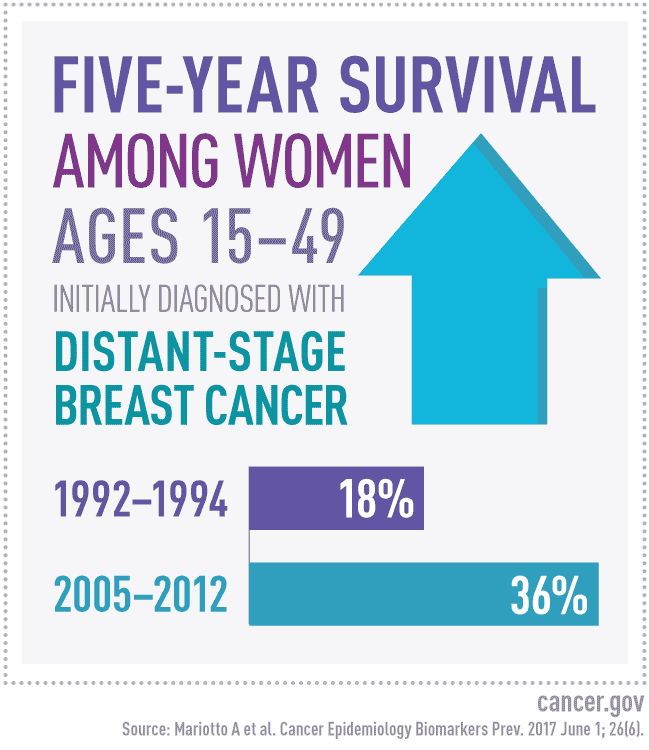Breast cancer remains a paramount health concern, profoundly affecting countless lives worldwide. Within the complex landscape of risk factors, a significant yet often overlooked contributor is obesity. Numerous studies have illuminated the stark correlation between being overweight and decreased survival rates for patients diagnosed with breast cancer. Understanding this relationship necessitates a closer examination of obesity’s multifaceted impact on the disease, as well as the physiological mechanisms underlying this phenomenon.
Research has consistently demonstrated that overweight and obese individuals tend to experience more aggressive forms of breast cancer. Notably, patients with higher body mass indexes (BMIs) are more likely to present with advanced-stage tumors, which diminishes the chances of successful treatment. This alarming trend is not confined to any single demographic; rather, it transcends age, ethnicity, and socioeconomic status, showcasing a pervasive health dilemma.
The reasons for this association are complex. One of the primary mechanisms is the role of adipose tissue. Excess fat does not merely serve as an energy reservoir; it actively engages in a range of inflammatory processes and hormonal alterations. Adipocytes, or fat cells, secrete various cytokines and hormones that can promote cancer cell proliferation. Among these, estrogen levels can be particularly influenced by body fat, as adipose tissue is a significant site of estrogen production, contributing to the proliferation of estrogen-responsive breast cancer cells. This hormonal imbalance may propel tumor growth and invasiveness, leading to more dire prognoses.
Furthermore, obesity is often accompanied by a state of chronic low-grade inflammation, which has been implicated in cancer biology. Inflammatory cytokines can induce changes in the tumor microenvironment, fostering an environment conducive to tumor progression. This nexus between obesity, inflammation, and cancer biology underscores the critical need for targeted interventions and lifestyle modifications for patients with breast cancer.
The implications of these findings are profound. In clinical practice, oncologists are increasingly aware of the necessity of managing body weight as a component of breast cancer treatment plans. Weight management programs and nutritional counseling are becoming integral parts of cancer care, aiming not only to improve overall health but also to enhance survival outcomes. Additionally, public health initiatives focusing on obesity prevention and education can play a pivotal role in mitigating the associated risks of breast cancer.
Ultimately, the relationship between obesity and breast cancer survival rates exemplifies a larger conversation about health, lifestyle choices, and disease prevention. As awareness grows, it is imperative that both medical professionals and the public recognize the critical importance of maintaining a healthy weight. By addressing obesity, we can potentially transform the landscape of breast cancer treatment and open new avenues for hope and recovery in affected patients.
